Physiotherapy in Women with Urinary Incontinence
$ 7.50 · 4.9 (291) · In stock

Urinary incontinence is a complex and serious condition that can affect all age groups around the world. It is not only a serious medical condition but also an undeniable psychosocial problem creating embarrassment and negative self‐perception, and it has a severe impact on a patient's quality of life. Today, there are wide different treatment options in urinary incontinence from surgery to conservative modalities. Among these, conservative management approaches are recommended as the first‐line treatment to manage with urinary incontinence. The choice of the most suitable option to treat for urinary incontinence differs according to the underlying pathophysiological mechanism defining subtypes of urinary incontinence and severity of symptoms. In this chapter, we addressed the different components of physiotherapy management of urinary incontinence, including pelvic floor muscle training, electrical stimulation, biofeedback, vaginal cones, mechanical devices and magnetic stimulation. We concluded that the optimal physiotherapy care should be individualised to ensure applicability the clinic setting for each patient.
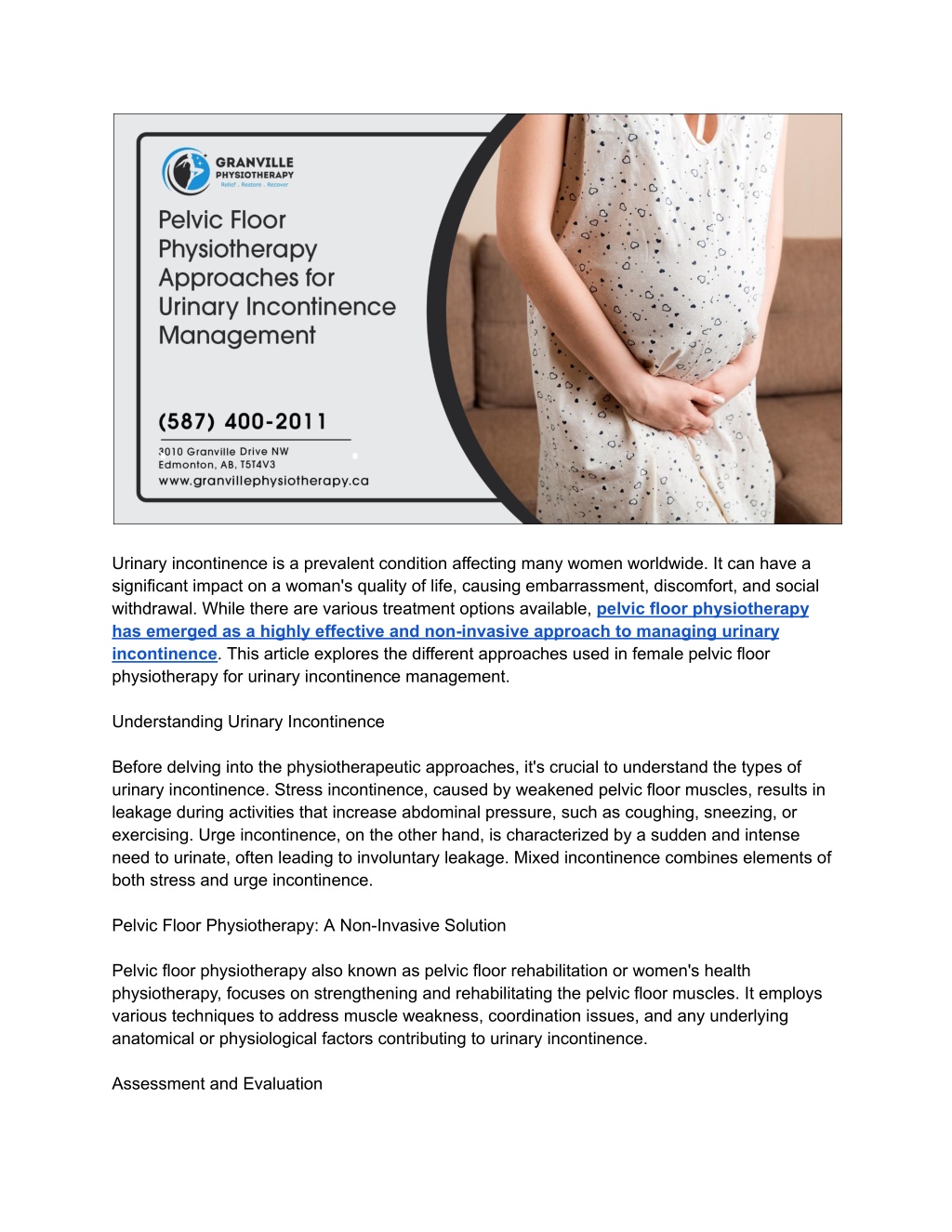
PPT - Female Pelvic Floor Physiotherapy Approaches for Urinary
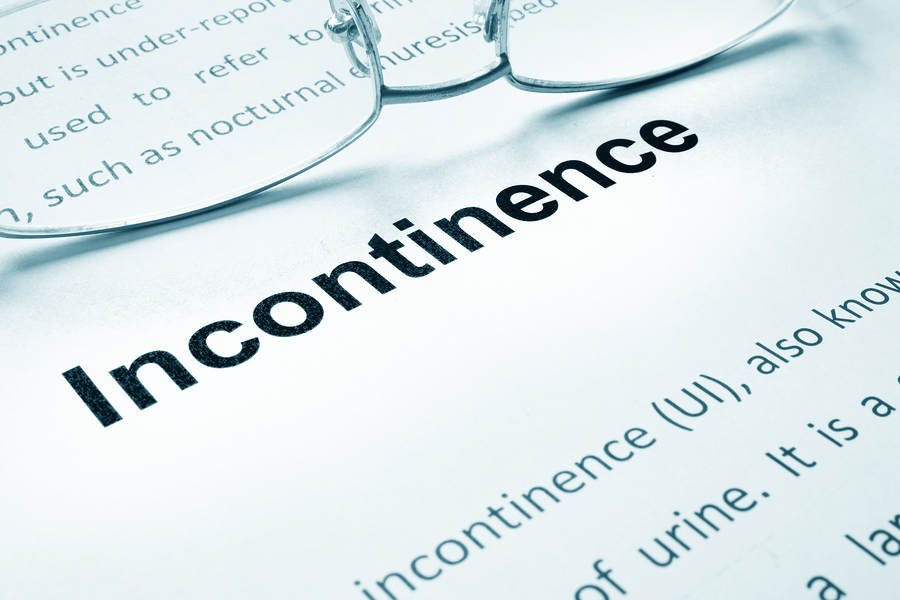
Physiotherapy for Urinary Incontinence - Therapists in Galway

Herman & Wallace Pelvic Rehabilitation Continuing Education

PDF) De São Caetano Do Sul Prevalence of Female Urinary
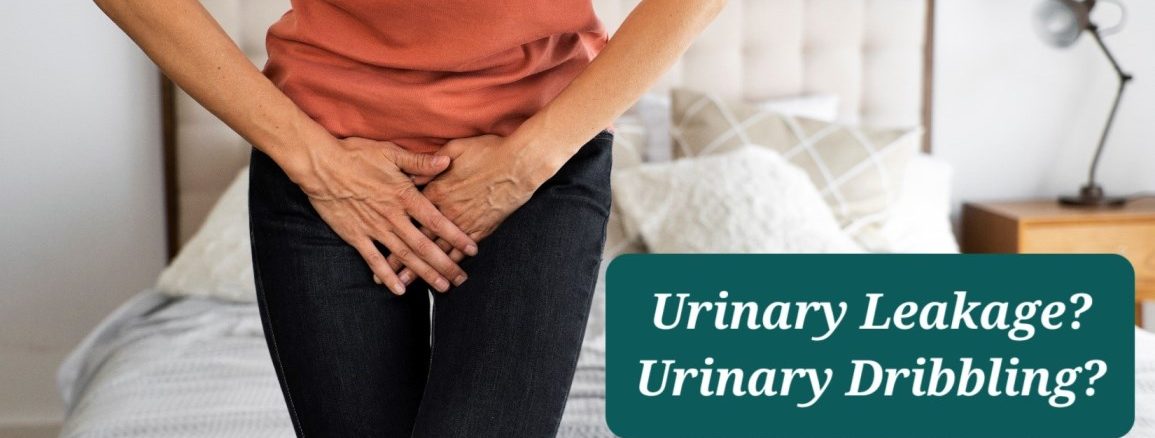
Breaking the Silence How Pelvic Therapy Can Help Overcome Urinary Incontinence – Helios Physiotherapy

Stress Incontinence - why the leak? - Lamberti Physiotherapy
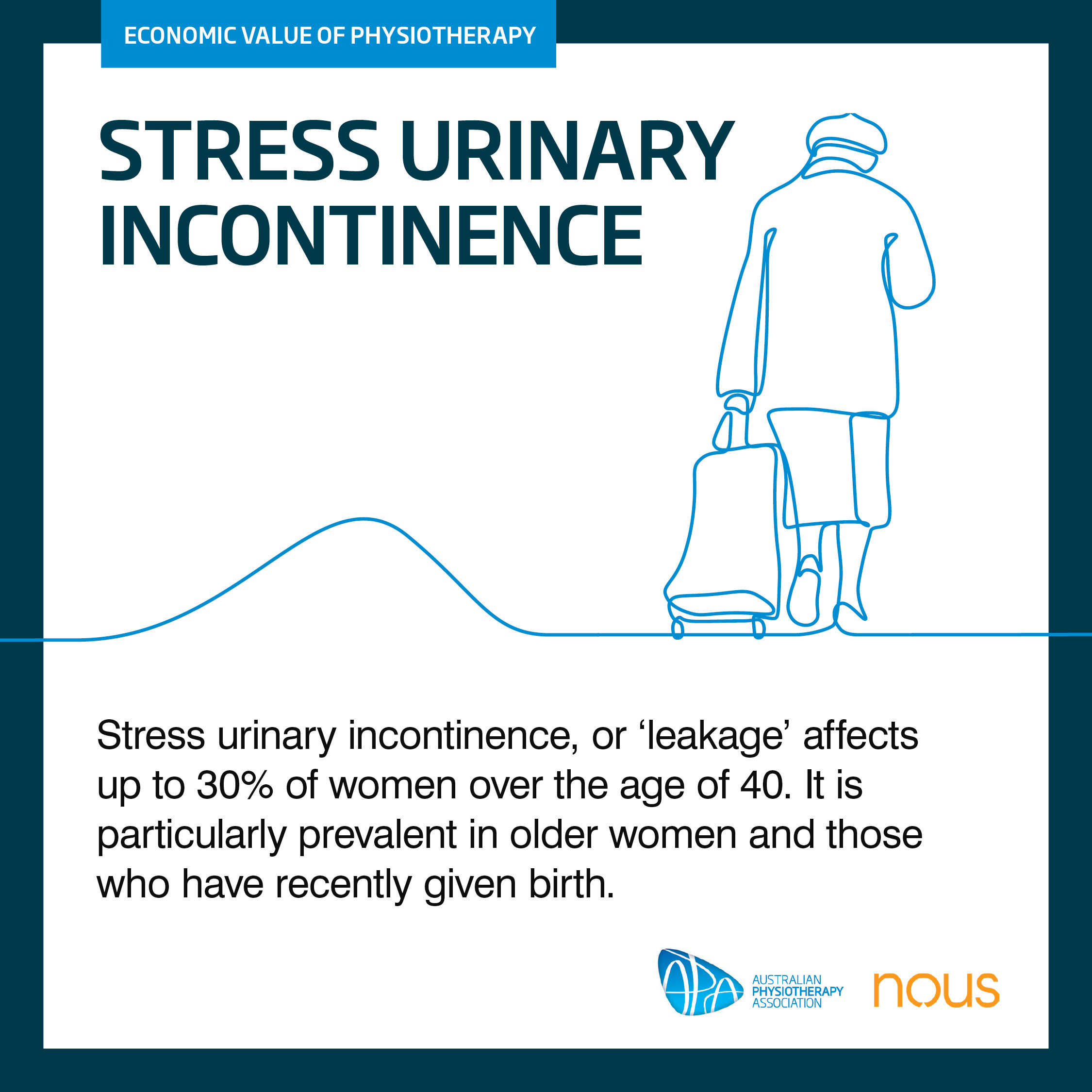
Women's Health Physiotherapy Crows Nest Clinical Exercise and
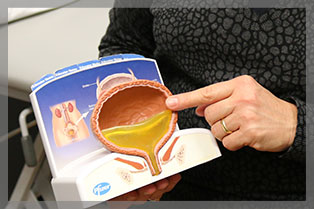
BLADDER CONTROL / INCONTINENCE - Dayan Physiotherapy and Pelvic

Urinary Incontinence - PHYSIOTHERAPIST INDIA

Physiotherapy management of urinary incontinence in females
ILIAS CHASIOTIS - OB/GYN SPECIALIST - OB/GYN PRIVATE PRACTICE

Female Incontinence - Body Focus Physiotherapy
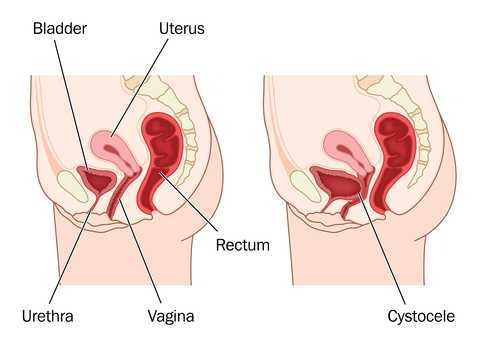
Herman & Wallace Pelvic Rehabilitation Continuing Education
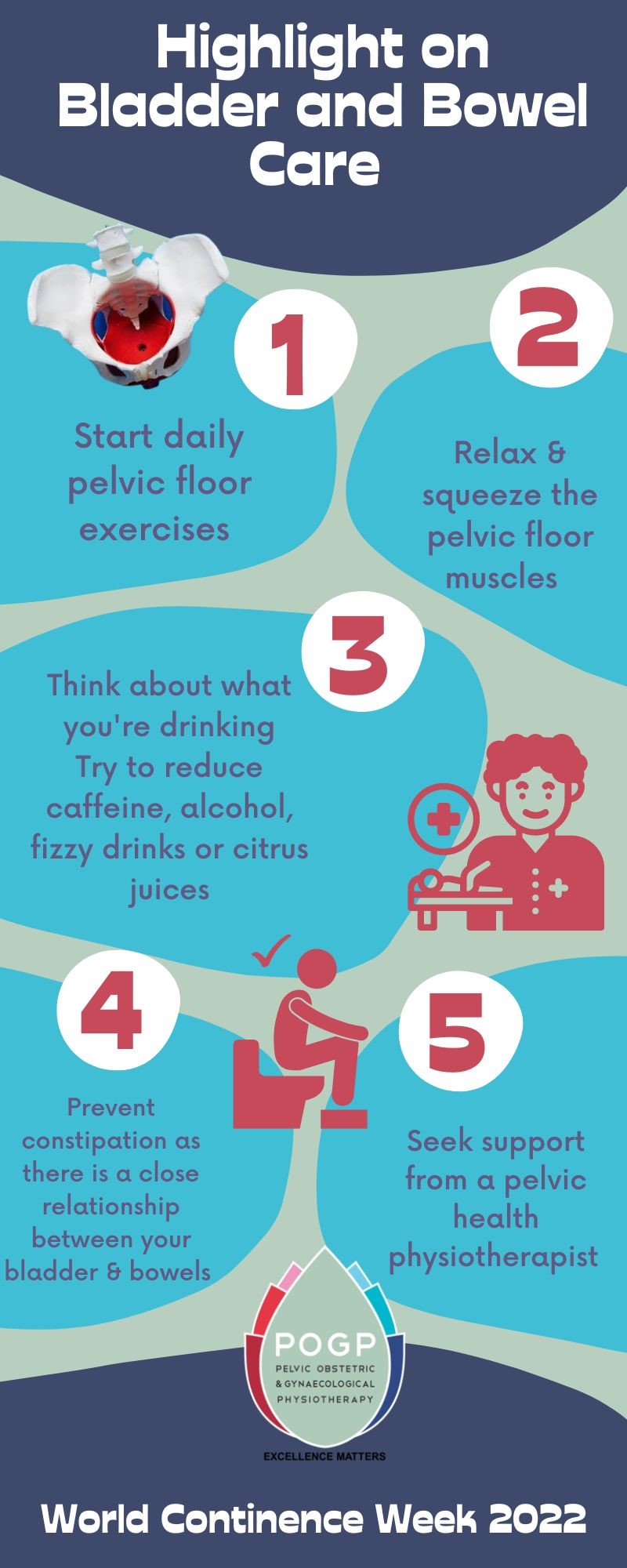
World Incontinence Week - Highlight on Urinary and Bowel Incontinence
